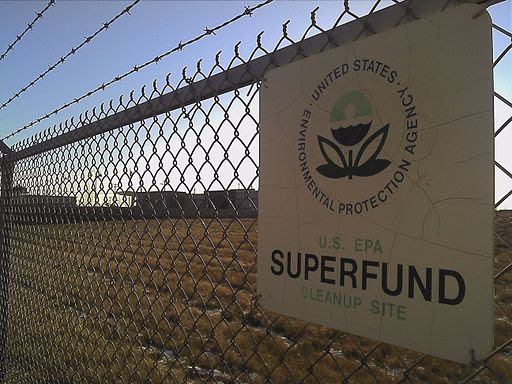
- Details
- By Native News Online Staff
The National Indian Health Board (NIHB) announced it is hosting the second part of the Regional Tribal Environmental Health Summit Webinar Series.
The segments of this Tribal Environmental Health Summit series are webinars and they are free and will be held on the second and fourth Wednesday of every month.
The second part of this series will focus on Superfund Sites, and will be held on January 24, 2024.
NIHB asks you attend this webinar ready to participate and share your own insights and experiences.
Who should attend?
The webinar is free and open to any interested person, but is likely most relevant to Tribal leaders, Tribal health professionals, Tribal health departments, Tribal healthcare personnel, and those who want to learn more about Superfund Sites.
For questions about the Tribal webinars, please contact Aliza Bolling, CDC PHAP, Public Health Policy and Programs at [email protected].
NOTE: CE credits will not be offered for this webinar.
More Stories Like This
New Mexico Will Investigate Forced Sterilization of Native American WomenUSDA Expands Aid for Lost Farming Revenue Due to 2025 Policies
Two Feathers Native American Family Services Wins 2026 Irvine Leadership Award
Bill Would Give Federal Marshals Authority to Help Tribes Find Missing Children
Indian Health Service to Phase Out Mercury-Containing Dental Amalgam by 2027


